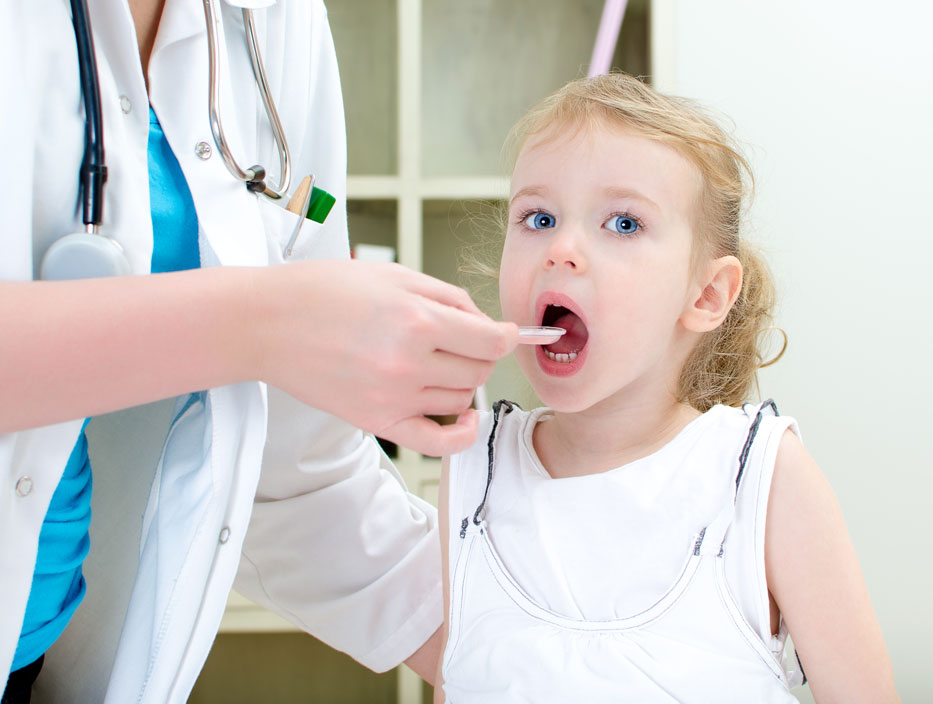Philadelphia – In a new study published in the journal Pediatrics, researchers from Rutgers University, University of Pennsylvania and Nemours A.I. duPont Hospital for Children found that upper respiratory tract infections treated with antibiotics were more strongly associated with juvenile arthritis than untreated ones.
Administering antibiotics to children might double the risk of developing Juvenile Idiopathic Arthritis (JIA) in comparison with children who don’t take the drugs. The risk increases with each round of antibiotic treatment they are exposed to.

Many studies in the past suggest that microbiome impairment and childhood antibiotic therapy are linked to autoimmune diseases such as JIA
Up to 9,700 American children under the age of 16 are diagnosed with juvenile arthritis every year, according to the CDC. This condition is a form of autoimmune disease that involves chronic inflammation of the joints and eyes that can lead to pain, vision loss and disability, studies report. The exact etiology of the disease is unknown. However, 25% of children who develop the disease are said to be triggered by genetics. Some experts also suggest that environmental factors may play a role in the development of the disease.
The scope of the nested case-control study included 45,000 children. Though only 152 children were diagnosed with arthritis in the sample, the authors were able to spot an association between antibiotic use and the condition. The study was performed by reviewing data from The Health Improvement Network (THIN), an electronic database containing medical records of 11 million individuals in the UK.
The most significant association between antibiotics and JIA was noted among participants, who underwent multiple antibiotic treatments within a one-year period prior to being diagnosed with juvenile arthritis. The researchers also delved into the use of nonbacterial antimicrobials such as antivirals and antifungals, and found no association with JIA.
“Our research suggests another possible reason to avoid antibiotic overuse for infections that would otherwise get better on their own”, says lead author Daniel Horton, a postdoctoral research fellow in the Department of Pediatrics at Rutgers Robert Wood Johnson Medical School in New Brunswick, NJ.
Though the study was not entirely conclusive, it has medical experts in agreement that more research on the health effects of antibiotics is necessary.
Source: Pediatrics
